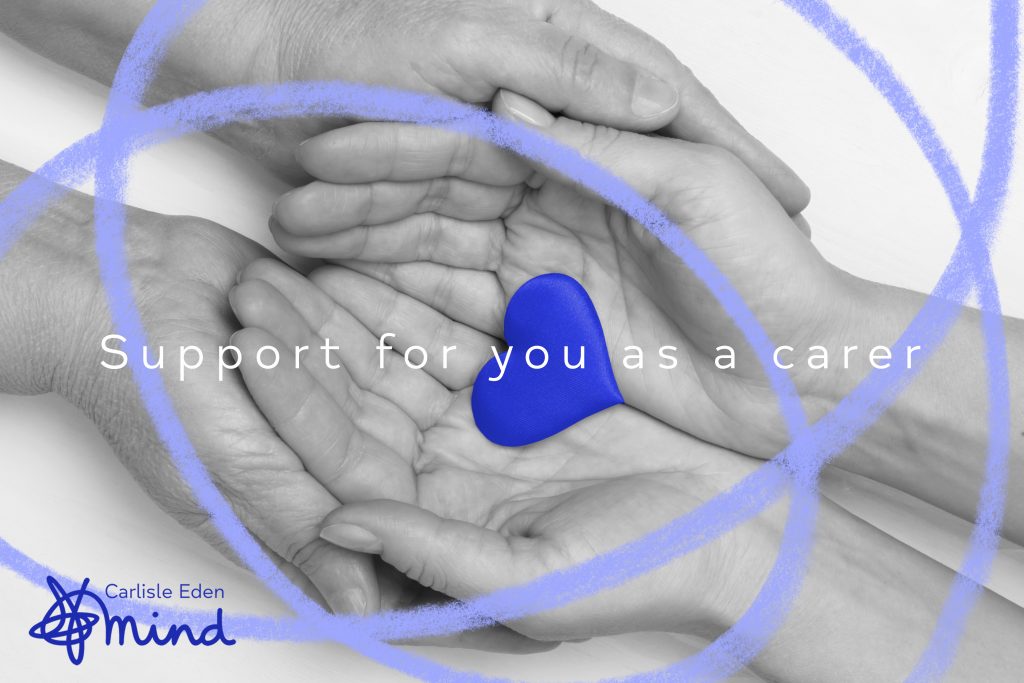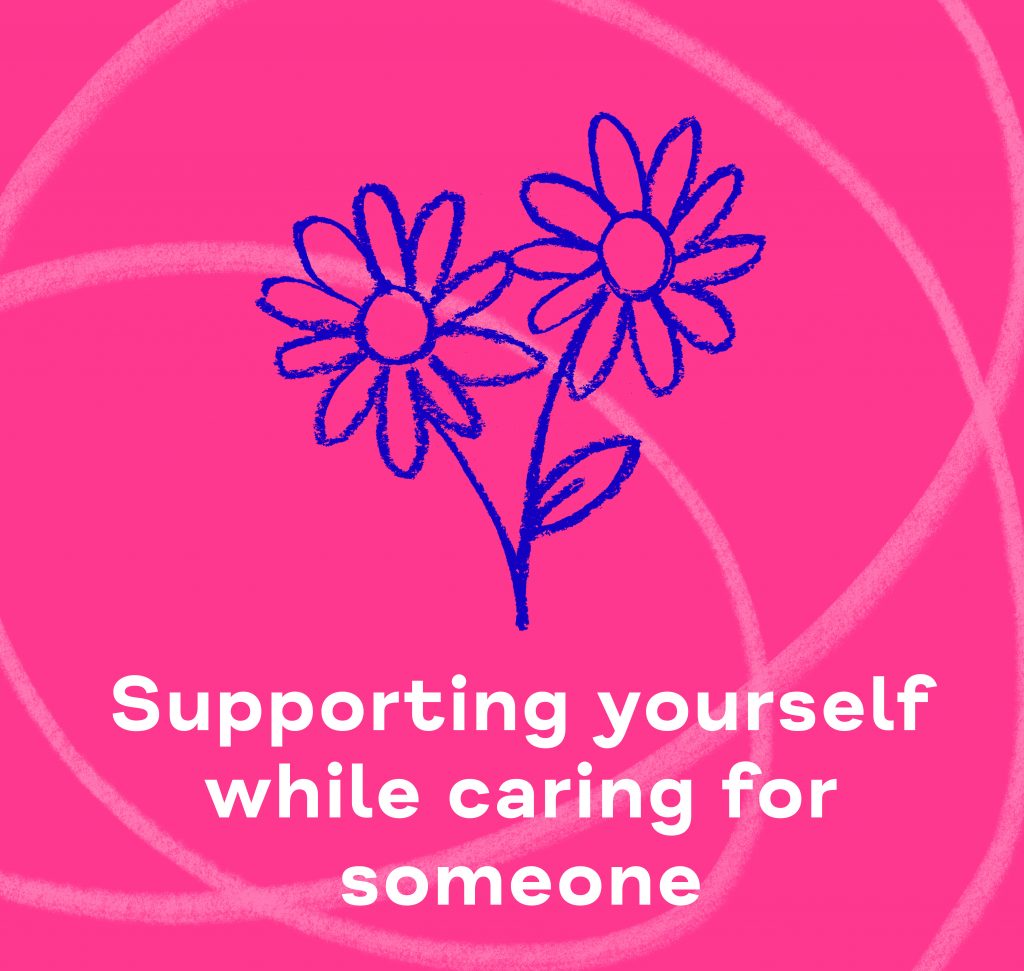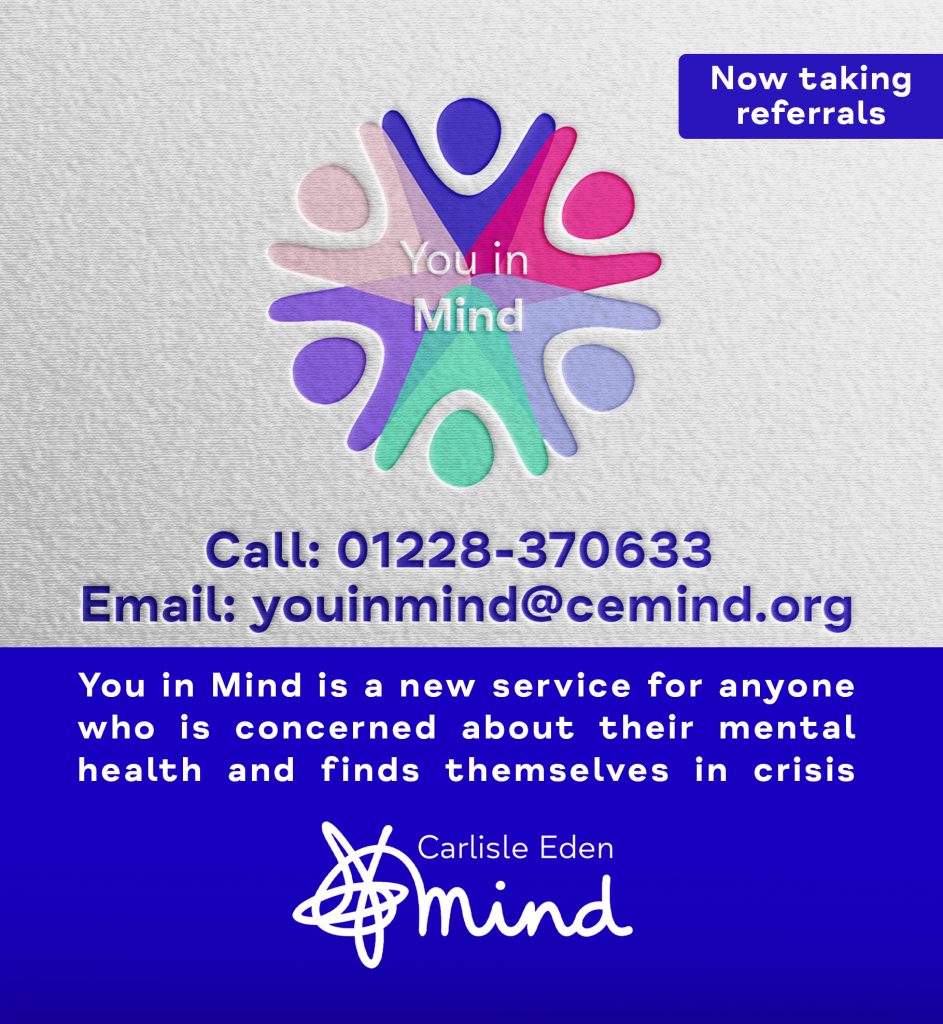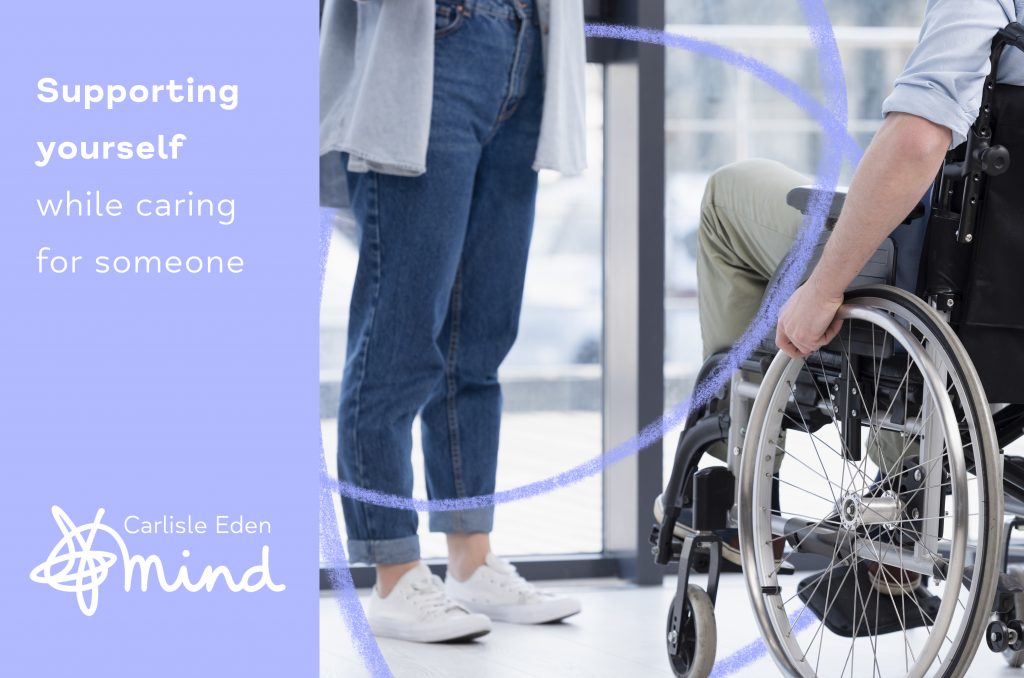Support for you as a carer

When someone close to you is injured or diagnosed with a disease or a mental or physical condition, it can be difficult to know which way to turn and find things can get tough very quickly. You could be a parent, partner, sibling, child, grandchild, friend or other relative and care for someone who needs your support. This PDF is designed to support you.

“I always thought a carer was someone who carried out the physical activities necessary. It hadn’t occurred to me that while I helped him with the day-today things he found overwhelming, I also was mentally his carer too.”
If you spend a lot of time supporting someone else, you might not consider yourself as a carer. You might feel like you do not count as a carer because:
- You think it’s your responsibility to care for your relative or friend
- You are providing support other than physical and practical support
- You think the role of carer is defined by social services, and carers provided by them.
But both you and the person you are caring for will need support to cope with the symptoms and changes. It can be challenging and tough. But with the right support, it can be rewarding and often satisfying.
How to look after yourself as a carer
When you spend a lot of your time focusing on someone else, you may feel as if you have no time for yourself. But looking after your own wellbeing is important for you and for them.
We have listed some self-care ideas that others have said they find helpful. Even trying one small thing might help you feel more able to cope.
“Try to find someone you can be honest with about your feelings, without judgement.”
Share how you feel
It’s important to have someone to talk to, especially if you’re struggling to cope. You could:
- Share your feelings with someone you trust, such as a family member, friend or neighbour
- If you are concerned about your mental health contact You in Mind
- Join a support group for carers
- Contact the Carers UK helpline
- Talk to others on the Carers UK forum
- Talk to someone through online mental health tools.

Not all of these options may feel right for you. Or you might feel like you have nobody to share your feelings with. If you are feeling isolated or alone, our pages on coping with loneliness offer more information.
Try to be realistic
If you take too much on, you may feel as if you never achieve anything. Try to get a clear idea about what you can do. By accepting the things that you can’t change or do alone, you may feel more able to cope. You could try identifying and writing down:
- A list of all the support needs of the person you are caring for
- What you can do and what you’ll need help with
- How you’ll know when you need a break.
“Respite is possible – and necessary. You can’t give your all as a carer – you just can’t. You have to save a bit of yourself just for you.”
Find ways to stay organised
Staying organised can help you feel more in control. You could keep a schedule or planner of your daily routine. Make sure that you keep all important information and medication in one place. But don’t be hard on yourself if you get muddled or things get lost. You’ve got a lot to think about.
If you feel comfortable using technology and have access to a smartphone, you can stay organised digitally. Find out more about carer-specific technology, apps and online services on Carers UK.
It may also help to tell someone else where the information is and what to do if you become unwell. This could be a friend, family member or paid worker.

Support their independence
It’s important to help them have some control over their care. You may find this means taking a step back or supporting decisions that are not what you would do. But it may also mean that you can find a balance in your relationship, and perhaps a little more time for yourself.
Work with them to find out:
- How they can help themselves
- What support they need from you
- Whether there are times that they can cope on their own.
“After I passed my driving test, I encouraged Mum to take lessons. I knew Mum had driven a car before she became so ill and liked it. It was the best thing she ever did, it gave her some independence.”
Find positives in your relationship
Looking after someone can change your relationship with them. Sometimes you may feel close and connected. But at other times you may feel angry and irritated. It can help to talk openly and honestly to find ways of coping together.
You could try to:
- Consider yourself as their friend, partner or family member first and foremost
- Talk together about how to strengthen positive parts of your relationship
- Find common interests or hobbies to do together as well as day-to-day responsibilities.
Take a break and make time for yourself
Try and take a break, especially if you’re worried about your own mental health. You may not be able to take a break whenever you need one, but it’s important to have some time that’s yours.
You may need an hour or two to clear your head, or a day to help you feel more rested. You could go out, have a nap or turn your phone off for an agreed period of time. Try to make time for things you enjoy.
“I love running and being able to get out for half an hour each evening allowed me to clear my head and relax.”
If possible, try and plan regular breaks into your routine. This can allow you to:
- make plans in advance
- give you something to look forward to
- make sure the person you look after knows what to expect.
The Carers Trust has more information about how you can get help to take a break. Sometimes you may need a longer break, especially if you’re worried that you’re becoming unwell.
It’s a good idea to:
- make sure you’re registered as a carer with your GP
- apply for a carer’s assessment
- check if you’re eligible for benefits for carers
- find out about training courses that could help you

If you are caring for someone with Dementia, Find out about local support groups on the Alzheimer’s Society website
Get a carer’s assessment
If you care for someone, you can have an assessment to see what might help make your life easier. This is called a carer’s assessment.
A carer’s assessment might recommend things like:
- someone to take over caring so you can take a break
- training in how to lift safely
- help with housework and shopping
- putting you in touch with local support groups so you have people to talk to
A carer’s assessment is free and anyone over 18 can ask for one.

















